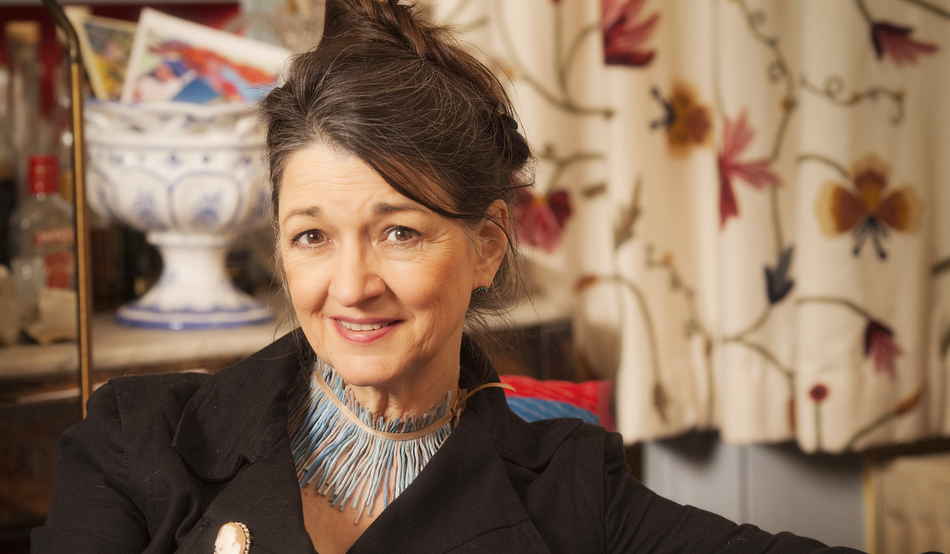“I don’t hate it anymore,” says Marina Warner, as her husband, the mathematician Graeme Segal, hands me a cup of coffee in their north London home, hardbacks and paperbacks piled all around. “I nearly didn’t finish it. I hated it because I just felt it was so inadequate to the situation.”
The acclaimed historian and novelist is speaking about her latest book, Sanctuary, a rich exploration of what it means to make space for the “arrivant” and how literature and art can shape the welcome they receive.
Inspired by the European migrant crisis of 2015 and Warner’s involvement in “Stories in Transit”, a communal creative project that began in Palermo, it draws on sources ranging from biblical stories to 21st-century poetry to probe how different cultures have reckoned with strangers, hospitality and belonging. Secular in its thinking, Sanctuary is sharp and nuanced. Even as the book moves through space and time, its message is constant: “ways of dwelling” are bound up with “ways of telling”. The stories we tell—and how they are told—define how we relate to one another.
If, as Warner notes in the coda, “flight” is a recurrent theme in her work, then Sanctuary’s example of the Flying House of Loreto (a Catholic shrine which, according to legend, was carried by angels from Nazareth to Italy) captures how “the material presence of place is completely infused with stories”, she tells me. “I’m not a great apostle for Disney, but Sleeping Beauty’s castle, which attracts millions of people to its different versions every year, exemplifies perfectly how a totally imaginary story can take physical presence and bind people.”
The problem, as Warner, 78, sees it, is that “the ethno-nationalist story has gained a lot of ground”, despite “not being very accurate”. Weeks of protests in the UK this summer outside hotels housing asylum seekers has exposed the “need to find a way of being together”, which includes allowing people waiting for claims to be processed to work “while making sure they aren’t exploited or undercutting others”, she stresses.
“I’ve taken great courage from people saying to me ‘it’s important to at least open up the possibility that we could have a different attitude’,” adds Warner, who is now preparing an exhibition entitled “The Shelter of Stories”, to open at Compton Verney in October. “Do we really want children to grow up in a world in which there is this kind of wall of hatred being erected all the time?...I used to write to Keir Starmer a lot, but I’ve stopped because I’m disillusioned.”
Warner—who is a professor of English and creative writing at Birkbeck College, University of London as well as a fellow of All Souls College, Oxford—started out as a journalist and has always been a “compulsive writer”. Yet the culture wars have left her more cautious. Her view that authors shouldn’t be discouraged from creating characters with identities different to their own has “hardened” over time, but she admits she “wouldn't dare write Indigo now”. The 1992 novel reimagined Caliban and Sycorax from Shakespeare’s The Tempest, casting them as Caribbean.
Her retelling of that 17th-century play speaks to Warner’s early drive “to investigate received narratives in history, to find the underside, to find the voices that had been muffled”. Doing so properly means considering the “multiple layers of experience we live through culturally”, she says, though universities did not offer joint courses in languages and history of art in her day.
Since graduating from Oxford as a linguist, publishing studies of the Virgin Mary and Joan of Arc and serving as a contributing editor at the London Review of Books have helped her attain a status with which Britain has never been entirely comfortable: public intellectual. Warner insists she takes the “responsibility” that comes with her platform seriously. But, she adds, “the academic thing was really an accident”.












